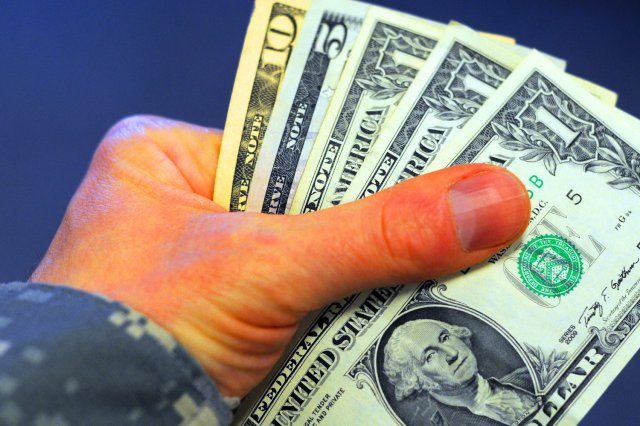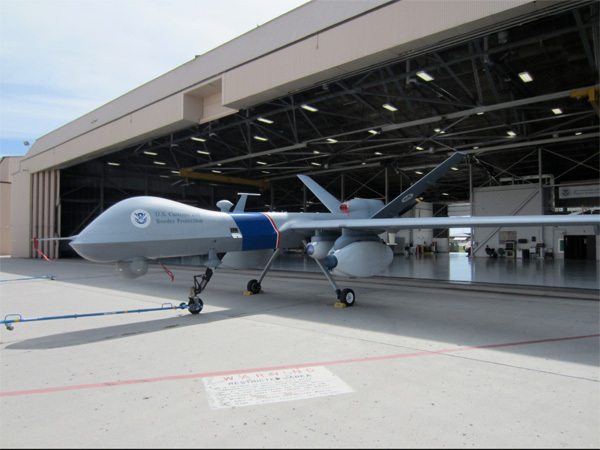This year, Soldiers and most civilians will see an increase in the amount of their pay withheld for Social Security. The withholding has increased from 4.2 percent to 6.2 percent.
The change comes with the expiration in legislation that was passed in 2010. Back then, that legislation actually decreased the withholding from 6.2 percent to 4.2 percent. Now that the legislation has expired, the withholding jumps back up to 6.2 percent.
Soldiers can see the effects of the change by looking at the line marked “FICA” on their leave and earnings statement. Civilians will look under the line marked “OASDI.”
Soldiers are also seeing an increase in pay this year of 1.7 percent. In addition, there are changes to the basic allowance for housing and basic allowance for sustenance. So for Soldiers, the change in Social Security withholding may not have a noticeable effect on their take-home pay.
“Overarching, it’s not huge based on the paychecks that the individuals are getting,” said Roy Wallace, assistant deputy chief of staff with the Army G-1. “The normal Soldier will probably see no decline.”
Wallace said that despite the possible sequestering of money from the Department of Defense and the rest of the government, which could happen in March, the 1.7 percent increase in Soldier pay is protected.
“The president of the United States exempted military salary from sequestration,” Wallace said. “The payroll for Soldiers will continue on, as outlined by the National Defense Authorization Act at the rates specified in that document.”
While in some years past, pay increases have not been across-the board for everybody, that is, every service member gets the same percentage increase no matter their pay grade or time in service, this year everybody gets the same, Wallace said.
BAH & BAS
In addition to a pay increase, increases in BAS and possible increases in BAH may help insulate Soldier take-home pay against the small increase in Social Security withholding. Enlisted Soldiers will see their BAS go up by $3.83. Officers will see a comparable increase of $2.64 cents in their BAS.
In the Fort Riley, Kan., area, E-5 Soldiers with dependents will see a BAH increase of $21.00. Single sergeants in the same location will see an increase of $36.00. Further south, at Fort Hood, Texas, the same Soldier and his family will see a decrease in BAH — it drops $39.00. The single sergeant at Fort Hood sees a BAH increase of $24.00. Solders can visit the BAH calculator at http://www.defensetravel.dod.mil/site/bahCalc.cfm to look up their BAH for 2013, or for previous years.
Wallace said that it is the Department of Defense, not the Army, which is responsible for setting BAH rates across the United States. Those rates are recalculated each year, in January, and are based on rental rates in particular zip codes.
CIVILIAN PAY
Soldiers got a 1.7 percent increase in January. Civilians might get a .5 percent pay increase later this year, Wallace said.
Also later this year, sequestration may happen, cutting billions from the DOD budget, and ultimately the Army budget. But Wallace said pay cuts and civilian cuts in the Army are not necessarily guaranteed if that happens.
“Most civilians in the Army are paid by an account called ‘operations and maintenance,'” Wallace said. “That account has lots of flexibility in it. It has people, it has supplies, it has travel, it has contracts; it has all sorts of different classes of expenses in it. So you don’t immediately have to go to people.”











